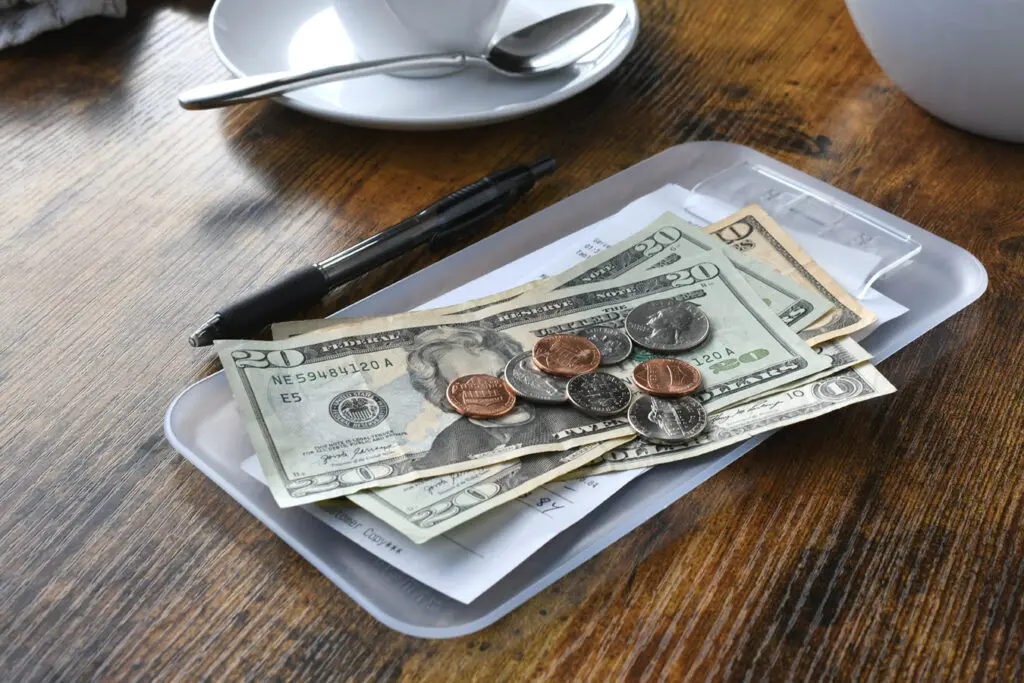Some headlines declared: “There is now no tax on overtime or tips”!
Well, not exactly!
In this article, we’ll cut through the hyperbole and cut to the chase! However, this is just an overview of two very nuanced areas (i.e., Overtime and Tips).
Both the Overtime and Tips provisions of OBBBA are retroactively effective to January 1, 2025, through December 31, 2025. In addition, for 2025 only, businesses may “approximate” the amount of qualified tips and overtime pay on employees’ W-2 forms.
Overtime
Let’s start with Overtime. The new Act does not outright exclude overtime from income tax, but creates a limited deduction for overtime pay premiums required by the Fair Labor Standards Act (FLSA). Premium pay is the amount paid in excess of an employee’s overtime rate. For example, if an employee’s regular rate is $20 per hour and overtime rate is $30 per hour, only the $10 overtime premium may be deducted.
The annual deduction is capped at $12,500 (or $25,000 in the case of a joint return). The deduction is reduced by $100 for each $1,000 by which an employee’s Modified Adjusted Gross Income exceeds $150,000 (single filers) and $300,000 (joint filers).
Tips
Now on to Tips. The new Act does not outright exempt tax tips from the tax base, but rather provides for a $25,000 deduction of “qualified” tips earned (unlike the Overtime provisions, the $25,000 cap applies to both single and joint return filers). To exclude higher income earners, the new tip deduction is reduced by $100 for each $1,000 by which the tipped worker’s gross income exceeds $150,000 (or $300,000 in the case of a joint return). Workers must continue to pay Social Security and Medicare taxes on these earnings.
To be “qualified”, the tip must be paid voluntarily by a customer or client and not subject to negotiation. For example, earnings from mandatory service charges assessed automatically to customers and clients are not deductible.
This new tip deduction is allowed only for tips assessed in “traditionally and customarily” tipped industries (think restaurants and hotels). However, salons and other similar industries can also qualify. The Treasury Secretary has an October 2, 2025, deadline to publish an updated list of eligible occupations.

The tip deduction also applies to independent contractors and self-employed individuals, but only to the extent the income from that trade or business (including tips) exceeds the allowable deductions (not including the tip deduction).
One potentially volatile side effect pointed out by restaurant industry analysts is servers and cooks would be treated vastly different, in that servers could qualify for the up to $25,000 deduction but cooks don’t. Some businesses use a “tip pool” to compensate for this, but for those that do not, this could widen the disparity between both types of employees. Some states prohibit the use of tip pools.
What's Next?
Hopefully, this blog has provided an overview of the new rules under the One Big Beautiful Bill Act (OBBBA). If you have specific questions left unanswered, feel free to contact our team of experts today!
Author: Tom Alvarez, CPA MBT
